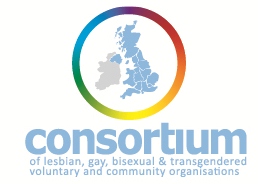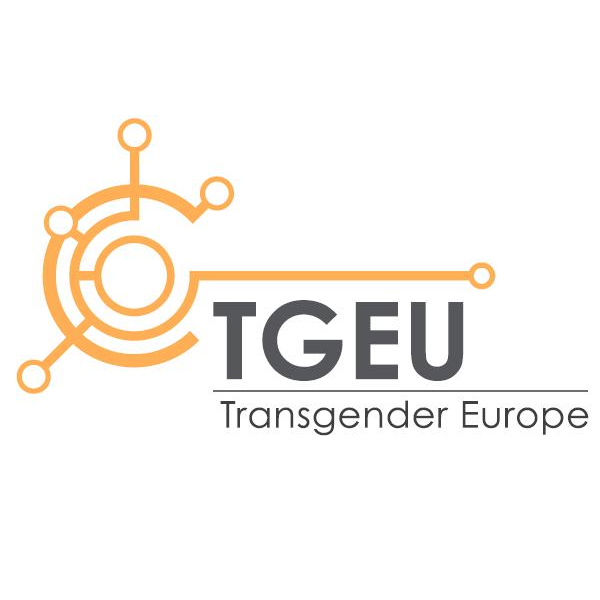Email dated 8th May 2015 from Richard Jeavons (Director of Commissioning Specialised Services, NHS England) to Dr Katherine Rake (Chief Executive, Healthwatch England)
Original Email below.
(Segments in bold are the questions asked by Healthwatch England in an email dated 23rd March.)
Dear Katherine
Further to the recent discussion at the 28th April quarterly meeting, my colleagues have compiled the following update based on the questions in your last email.
Grateful for your consideration of whether and how you wish to be updated so that we can all organise accordingly.
Can you please let us know how and when you will take the CRG’s recommendations on short and long term workforce development priorities forward?
This is very much work in progress, and a long-term piece of work. This is a complex issue for which there is no ‘quick fix’. This area of medical practice is not currently within the purview of any medical Royal College or Faculty.
NHS England has identified three short-to-medium term priorities:
i. I have previously described to you that NHS England visited the Gender Identity Clinics over February and March 2015; as part of this work we sought to gain an understanding of future workforce development needs. We are currently analysing the outcome of this work with a view to presenting it to the Clinical Reference Group by June. We will publish the outcome of this work by June 2015.
ii. The Chair of the Clinical Reference Group is working with the British Association of Gender Identity Specialists (BAGIS) to define what knowledge, skills and behaviours are required of a specialist in this field and how they might be assessed. Our longer term strategy will be to identify how NHS England, BAGIS, relevant medical Royal Colleges and Health Education England can use the outcome of this work to collectively define and implement a workforce planning and development process (see iii below).
iii. On 30 June 2015 NHS England is convening a multi-agency symposium. In recognition that the concerns that have put to us about the inequalities faced by trans-gender and non-binary people cannot be addressed by NHS England alone we want to begin the discussion with partner organisations who have statutory roles in regulation, enforcement, professional standards, training, professional learning and leadership. We have invited the British Medical Association, Care Quality Commission, General Medical Council, Health Education England and various royal colleges of medicine. One of the key issues for discussion on the day will be around workforce development and professional competencies. We will also invite other organisations with an interest, including patient groups, and I will be extending an invitation to Healthwatch England to attend.
Can you inform us about how you are making decisions for patients before the end of the prioritization framework public consultation to allow funding for specialised commissioning policies and treatments in the interim?
Public consultation closes on 27 April and we have put in place a rapid process that will enable us to consider the outcome of consultation, refine the process of prioritisation as necessary based on the outcome of consultation, and ask the Clinical Priorities Advisory Group to make recommendations on the prioritisation of proposed new investments for final decision by the Specialised Commissioning Oversight Group by June 2015.
In the meantime our interim policy for considering Individual Funding Requests and our interim procedure for considering funding requests for individuals who are considered to be critically clinically urgent remain in place. We are currently preparing to engage and consult on refreshed generic commissioning policies (including the IFR policy) by early summer 2015.
As we now know that the waiting time for male to female surgery at Charing Cross Hospital is in excess of 21 months, can you inform us about the kind of support those people can expect to receive from local providers while waiting?
We expect gender identity networks to provide a multi-disciplinary, multi-professional service that and includes psychology, psychiatry, psychotherapy, nursing, voice and communication therapy, endocrinology, dermatology, surgery, social work and other related professions, all of whom should have a special expertise in gender identity. Networks are also expected to have close links with primary care services to cover a person’s health needs holistically. In terms of the support being offered to the specific patients to whom you allude, these support needs will be reflected in the personalised care agreement that every gender identity service must agree with the patient. There is a requirement for the personalised care agreement to be updated as required, so we would expect the network of professionals to consider and address the specific needs of patients who are on the waiting list for surgery.
Can you please tell us what the current waiting times are for people to get a 1st appointment with a specialist?
I am grateful to UK Trans Info for its detailed analysis of current waiting times, extracted from providers through Freedom of Information requests. The most recent report up to January 2015 can be found here.
Can you let us know the amount of the additional investment to reduce waiting times for male to female surgery to under 18 weeks that you mentioned? When the money will be invested? How and when are you going to communicate this to patients who are currently waiting for surgery?
NHS England has committed to deploying additional investment in 2015/16 in order to address waiting times for genital reconstruction surgery. Discussions remain ongoing with providers to identify where and how capacity can be increased, with a final decision to be made by June 2015. The communications plan that we will publish for gender identity services will describe how we will communicate the outcome to patients (see below).
From the evidence we have seen, we are concerns about the lack of specialist consultants to deliver gender identity services. What are your plans for the contingency that allows for immediate expertise to be brought in now to address the backlog? What is your long-term strategy to train up consultants in this specialty? We would like to see these plan and strategy once finalised.
I have described our longer term plans in response to your first question (above). In regard to the more immediate term, our current negotiations with the providers include discussions about how to increase skilled staffing to increase the capacity and how to ensure that activity plans for 2015/16 make use of all the available capacity in line with the available workforce.
When are you expecting to receive feedback from local area teams on their work on the insufficient psychological support provided to patients on the pathway? When can we expect to hear from you on this?
This will be included in the analysis that we present to the Clinical Reference Group by June 2015 as an outcome of the visits that we have made to the gender identity clinics and which I have described above. I will of course share the findings with you in due course.
As we still have strong concerns around the lack of communication with service users, can we see your communications plan for gender identity services published and get further details on its target audience?
I would like to apologise for the delay in producing a communications plan/strategy to support NHS England’s work on gender identity services. I do recognise the need for a plan to support this important work, and I see this as a priority area in the run-up to the meeting of the Trans-Gender Network meeting on 28 May 2015. I am pleased to let you know that in the work to develop this plan our communications team is taking advice from people who use transgender services and from patient groups.
Can you tell us when we can expect to see the progress and results of your work with GP educators to ensure that GPs, and other primary care staff, are able to give helpful information and refer transgender people to the right services?
This will be a shared responsibility across a number of organisations and as such our work in this regard will be informed by the outcome of the discussions and the agreed actions that arise from the symposium on 30 June that I have described above.
Kind regards
Richard Jeavons
Director of Commissioning Specialised Services
Commissioning Operations
NHS England









